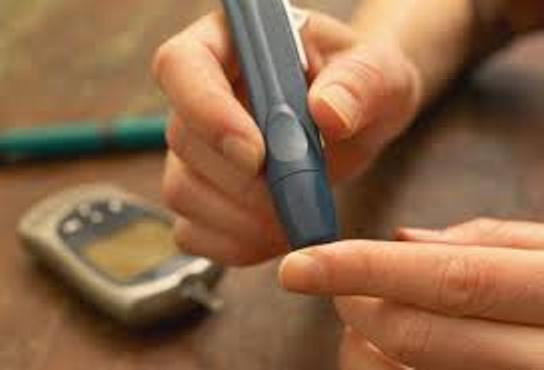When I go to different labs for blood sugar tests then I see that different normal ranges for blood sugar are printed in their test reports.Also when I purchase test strips of different brands then this difference is observed in the information slip provided with the test strip packs.
Please,answer the following questions:
1.What is normal range for blood sugar in the case of i)FBS,ii)PPBS and iii)RBS?
2.What are min & max of overall safe range of blood sugar?
And there is a doubt that If blood sugar usually reaches at its max within 1 hr after taking the meal then why are PPBS & FBS usually tested after 2 hrs and 8 hrs of meal respectively?
Please suggest that if I am going to test blood sugar at home using glucometer then when should it be tested?Is there any preference required in the selection of hand and finger?

 Rarely go above 140 at any time. Even at functions I prefer to eat सब्जी only
Rarely go above 140 at any time. Even at functions I prefer to eat सब्जी only